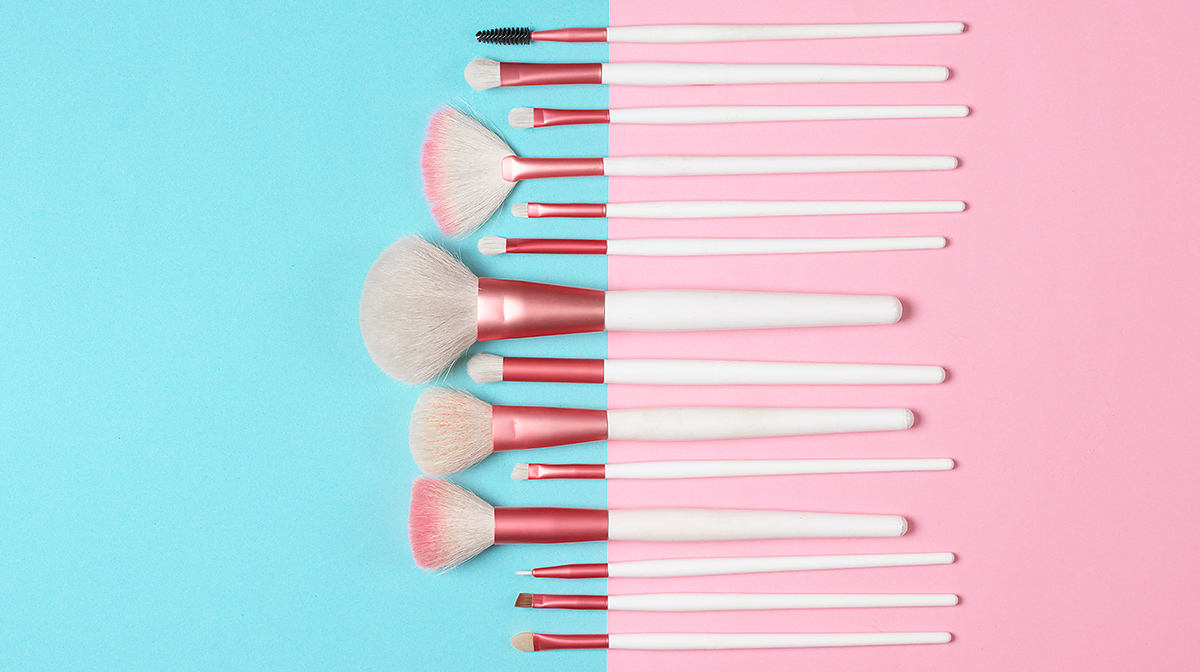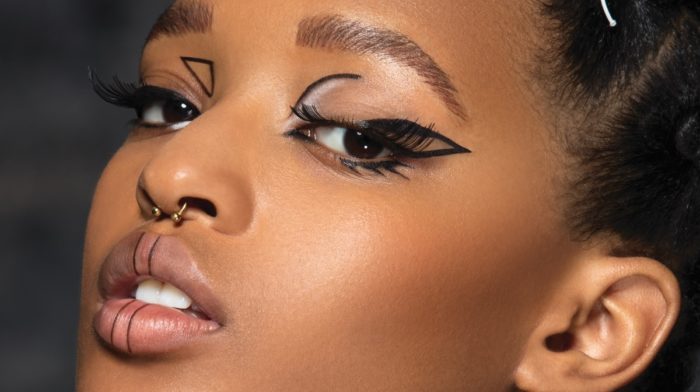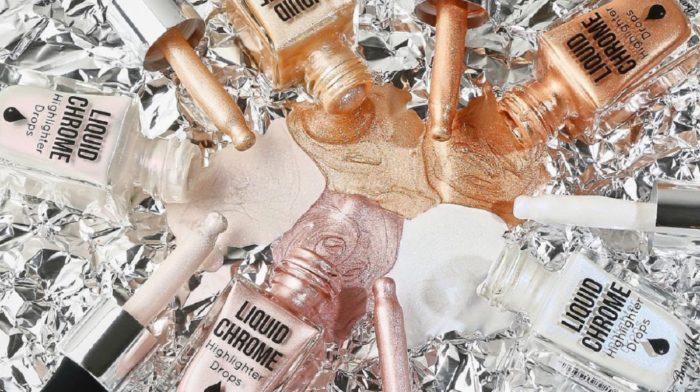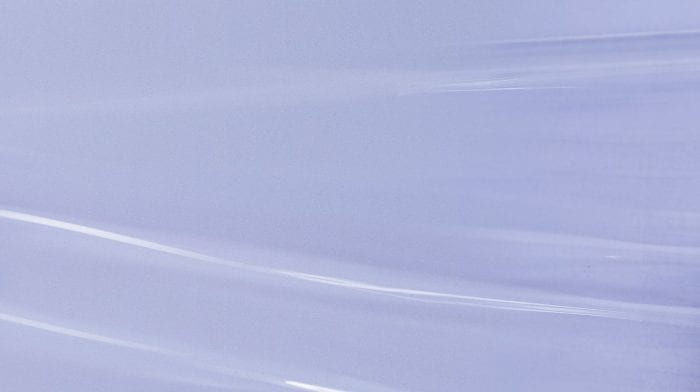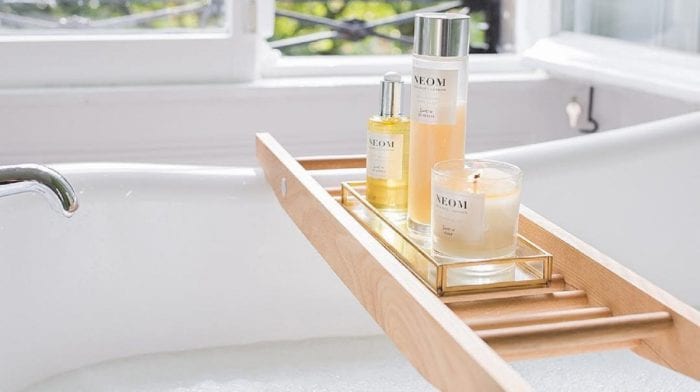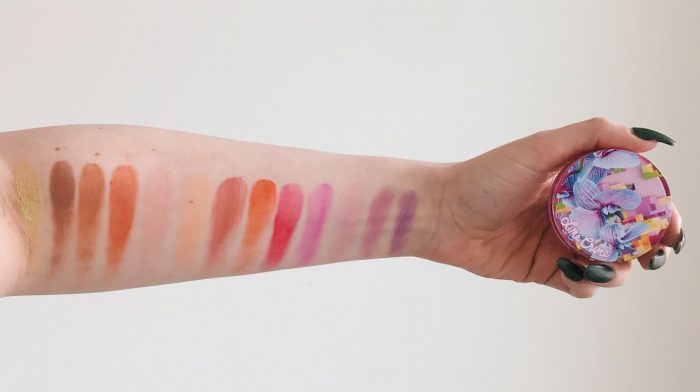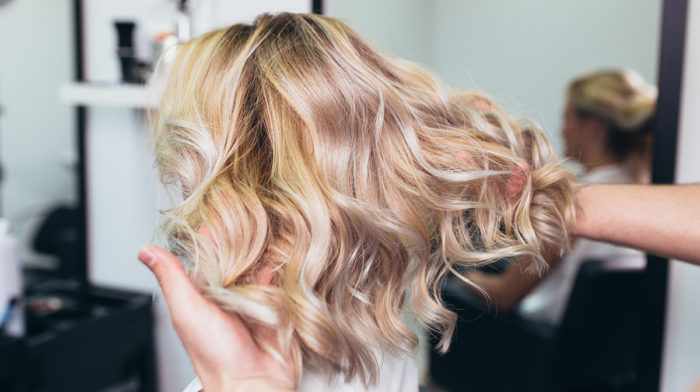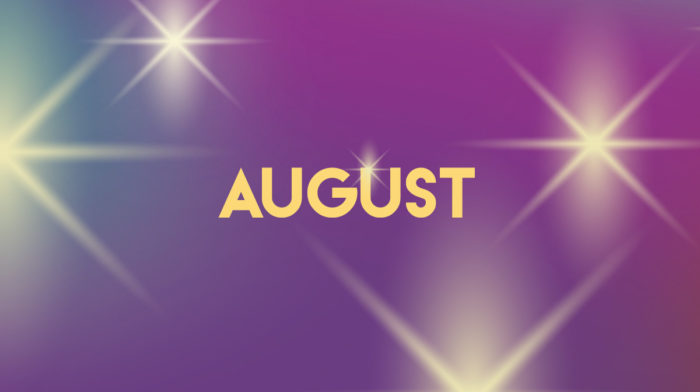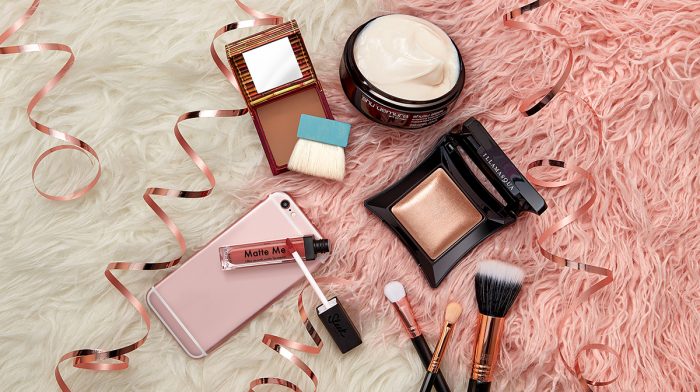Every makeup lover needs a collection of trusty makeup brushes to create flawless looks. Yet it’s more than just a case of choosing any brush… it’s an art form! There are hundreds of makeup brush brands and styles all with a different purpose, so it’s important to choose the right tool. One of the most important things to take into consideration is the type of bristles used in your brush and whether to choose natural vs synthetic bristles. If you’re unsure which to go with, read our brush guide below.
What Are They Made of?
Natural bristle makeup brushes are made with various animal furs and hairs. The most common animals used are squirrels, foxes, goats, sables, horses or mink. Brushes can contain either the hair of one animal, a combination, or a mix between synthetic fibres and natural hair. These brushes are often handcrafted, hand tied and hand bunched.
Synthetic bristle makeup brushes are made with melted and spun polymers such as nylon and other plastics. The majority of high quality synthetic brushes use Taklon nylon, which is designed to mimic hair shape. Even though natural brushes used to be superior to synthetic, these now boast pointed ends rather than a blunt, straight cut to be able to challenge the softness and performance of the other.
Read More: 5 Reasons Stress Is Messing With Your Skin
Do They Work Differently?
Synthetic brushes have no hair cuticle, so they don’t absorb cosmetic products into the fibres. This makes them better for applying gel, liquid or cream formulations such as foundations and concealers. Not only that, as the bristles don’t absorb product, it allows for a denser application onto the skin. These types of brushes are easier to clean and tend to be a bit more robust.
On the other hand, natural brushes tend to absorb products so they’re not the best option for liquids. However, they’re amazing at applying powders and blending to create soft, subtle looks. As the bristles are more porous, these brushes can pick up talc-based formulations better, which makes them good for doing eye makeup. You must be more gentle with these brushes as they tend to shed quite easily, and spend longer when washing them for a thorough cleanse.
Read More: The Beauty Duos We Can’t Live Without
What’s The Stance On Animal Cruelty?
There’s a lot of controversy surrounding the use of natural bristles in makeup brushes due to a lack of transparency involving a number of companies. However, some brands state that their bristles are humanely sourced by brushing the animals based on their natural shedding cycles. It can be difficult to track exactly where your bristles are coming from, so it’s best to do your own independent research if you’re considering purchasing a specific natural bristle brush.
Read More: The Best Eye Makeup Tips To Enhance Any Look
Natural vs Synthetic: The Verdict
Overall, there are both pros and cons to both types of bristles. For example, natural brushes tend to be a lot pricier than synthetic ones due to sourcing soft, uniform hairs and the longer production process. However, if you don’t mind paying a little more for brushes which are exceptionally amazing with powders, then natural may be the way forward for you.
